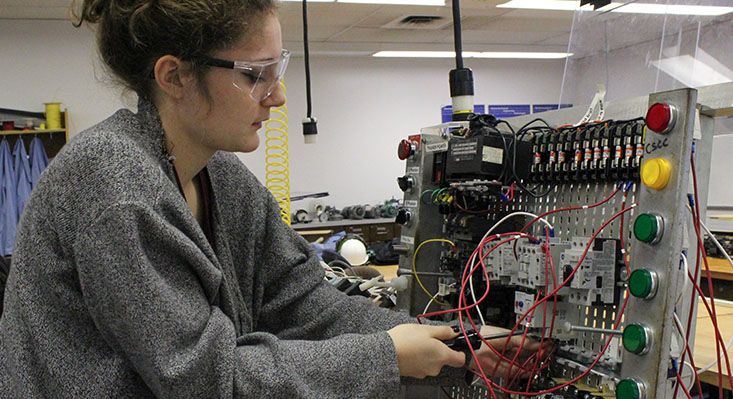Electrical engineering is a vast field that deals with the study and application of electricity, electronics, and electromagnetism. It involves the design, development, testing, and maintenance of electrical systems and devices. However, many people wonder if there is any mechanics involved in electrical engineering. In this blog post, we will explore the relationship between mechanics and electrical engineering.
Mechanics is the branch of physics that deals with the study of motion, forces, and energy. It involves the analysis of the behavior of physical systems under the influence of external forces. Mechanics is a fundamental concept in engineering, and it is essential in understanding the behavior of mechanical systems.
In electrical engineering, mechanics plays a crucial role in the design and development of electrical systems. For example, the design of electrical motors involves the use of mechanics to understand the behavior of the motor under different loads and operating conditions. The mechanics of materials is also important in the design of electrical components such as transformers, capacitors, and inductors.
Another area where mechanics is important in electrical engineering is in the study of vibrations and resonance. Electrical systems can experience vibrations due to mechanical forces, and understanding the mechanics of vibrations is essential in designing systems that can withstand these forces. Resonance is another phenomenon that can occur in electrical systems, and it can lead to unwanted oscillations and instability. Understanding the mechanics of resonance is crucial in designing systems that are stable and reliable.
In conclusion, mechanics is an essential concept in electrical engineering. It plays a crucial role in the design and development of electrical systems and devices. Understanding the mechanics of materials, vibrations, and resonance is essential in designing systems that are reliable and efficient.
